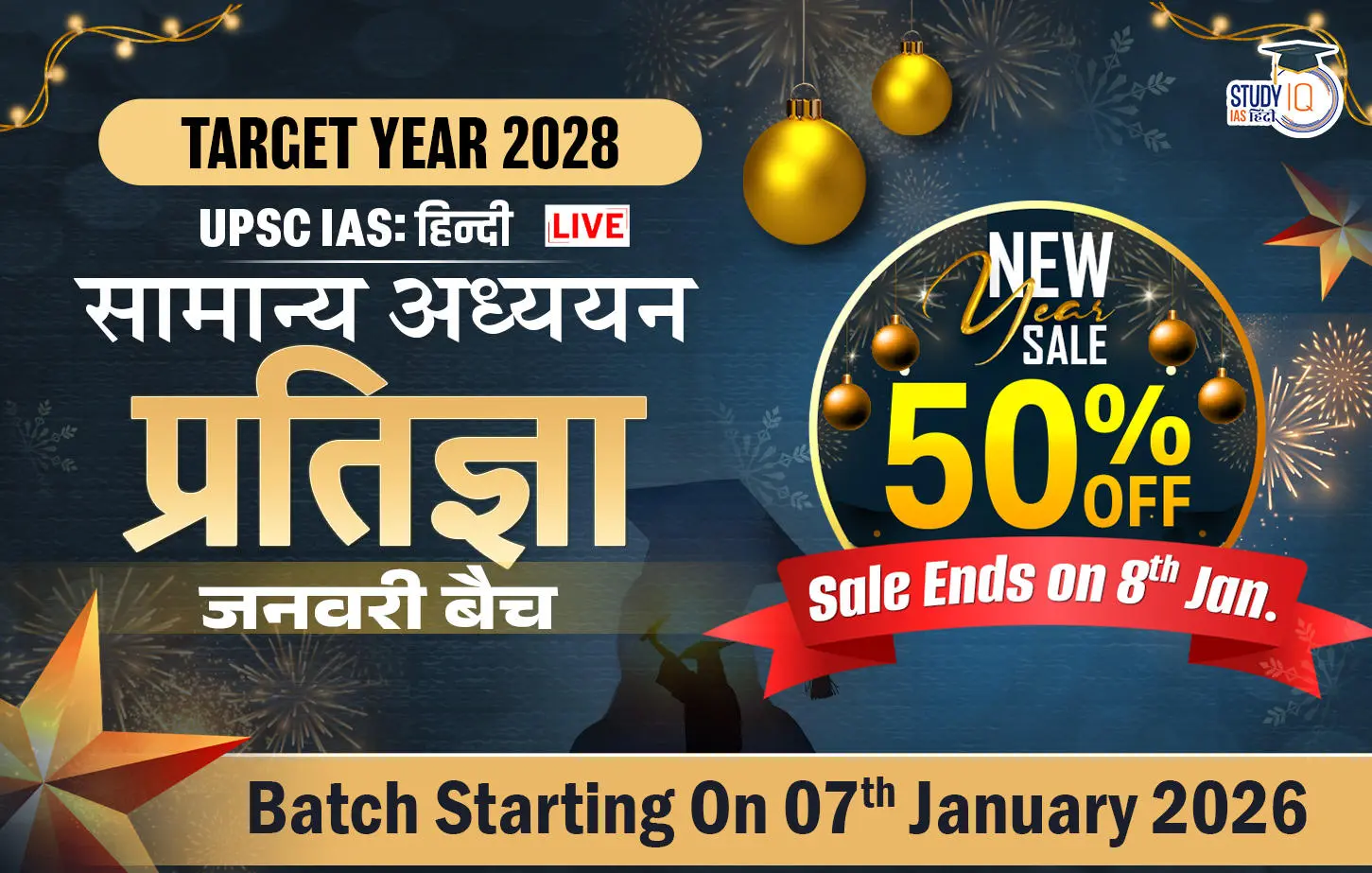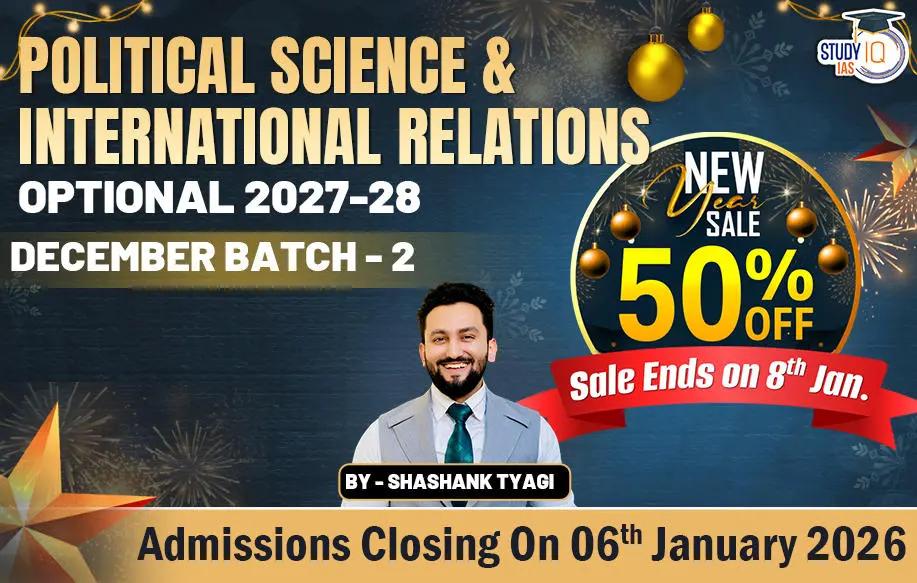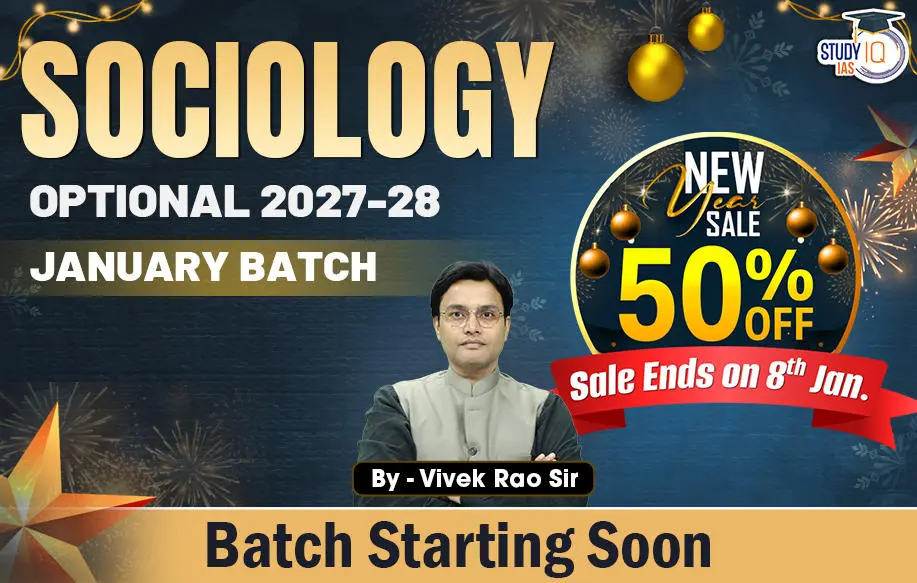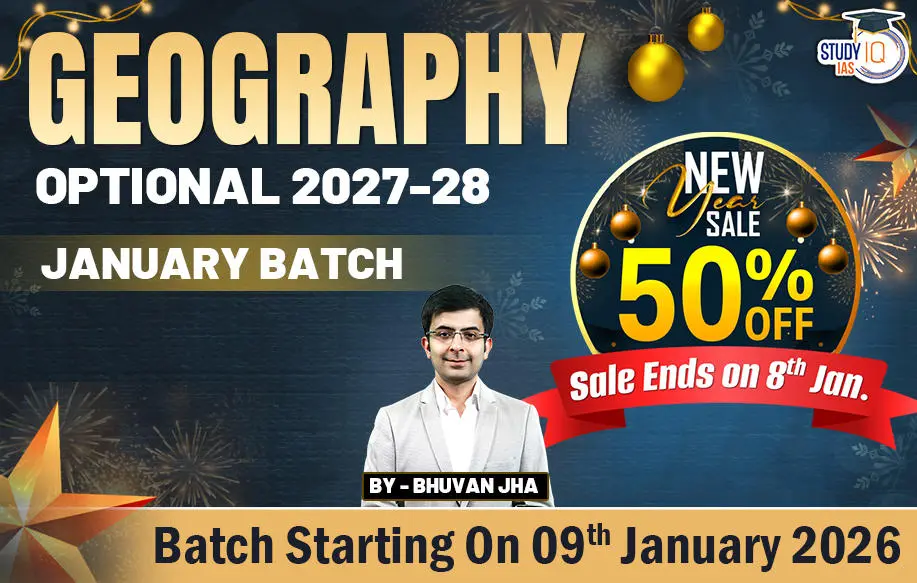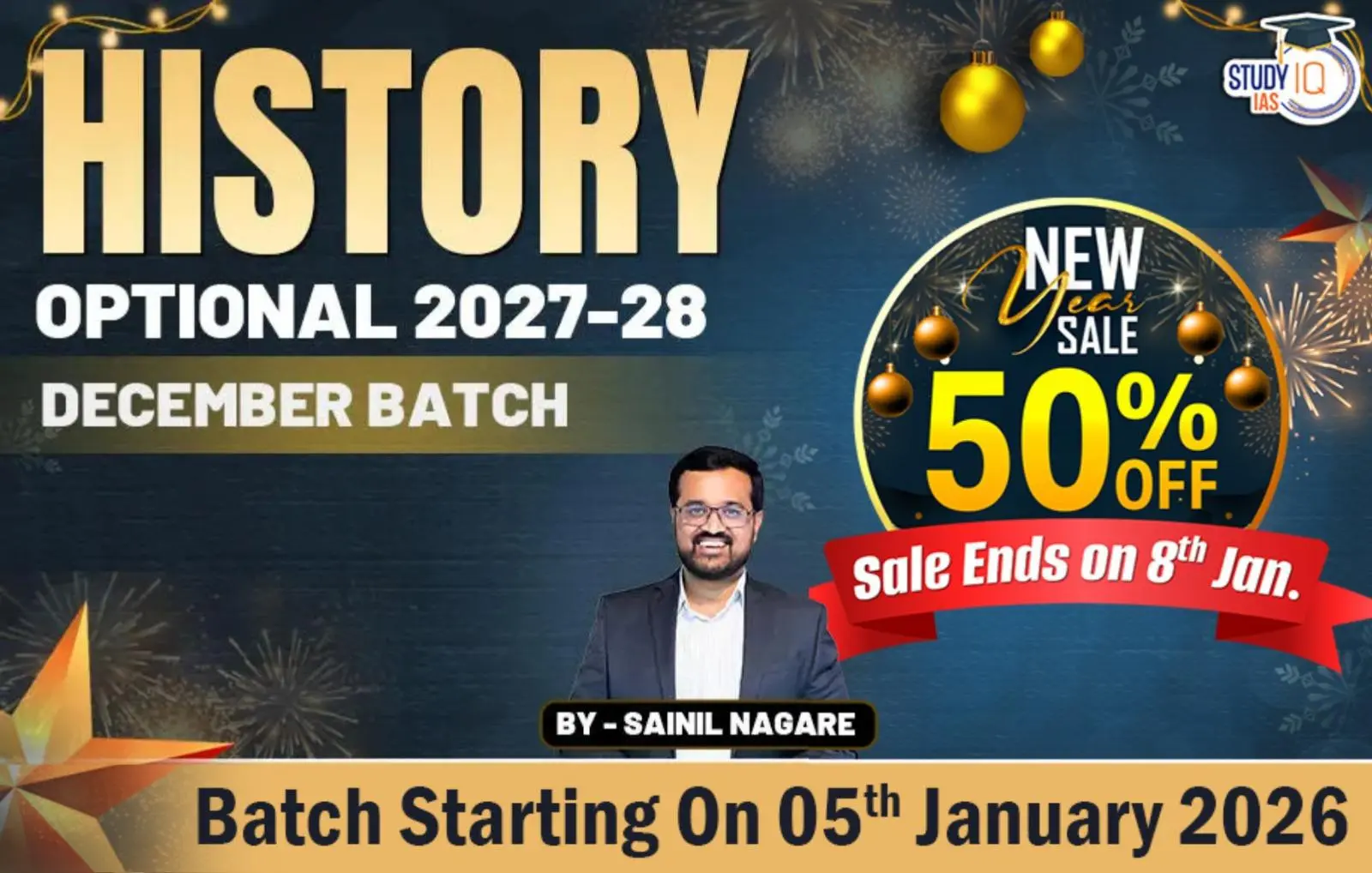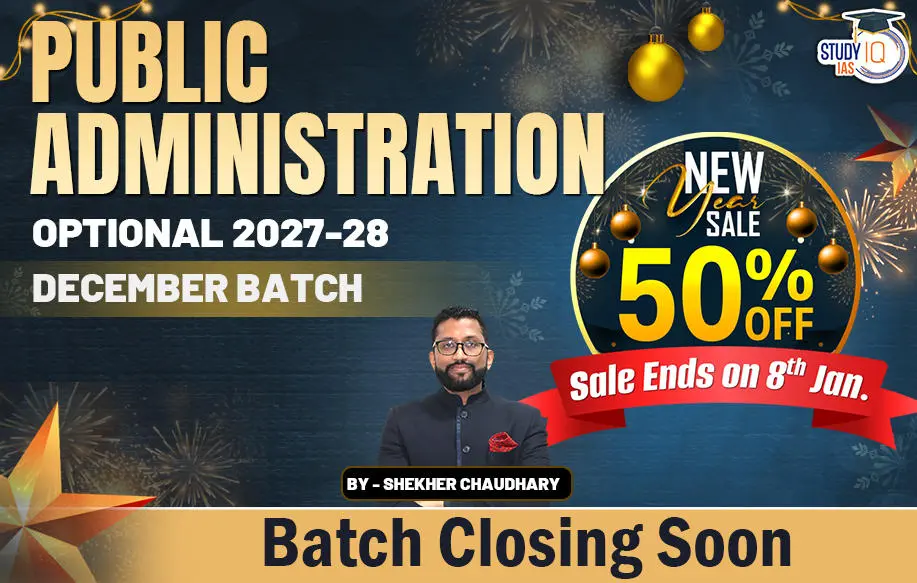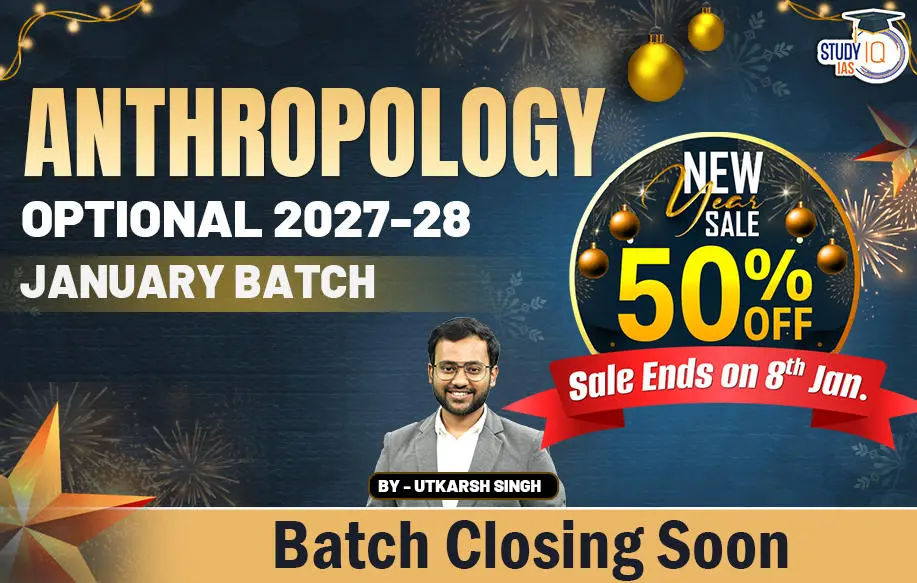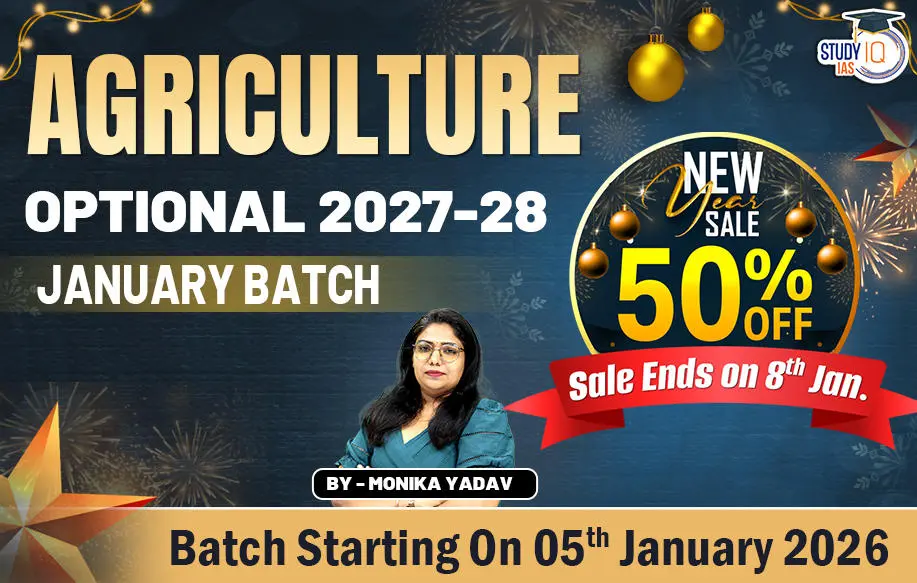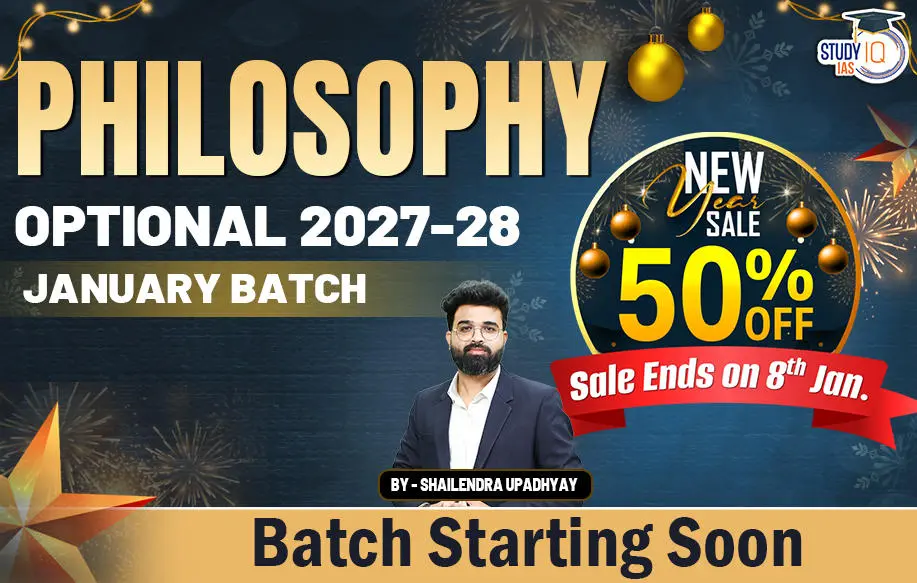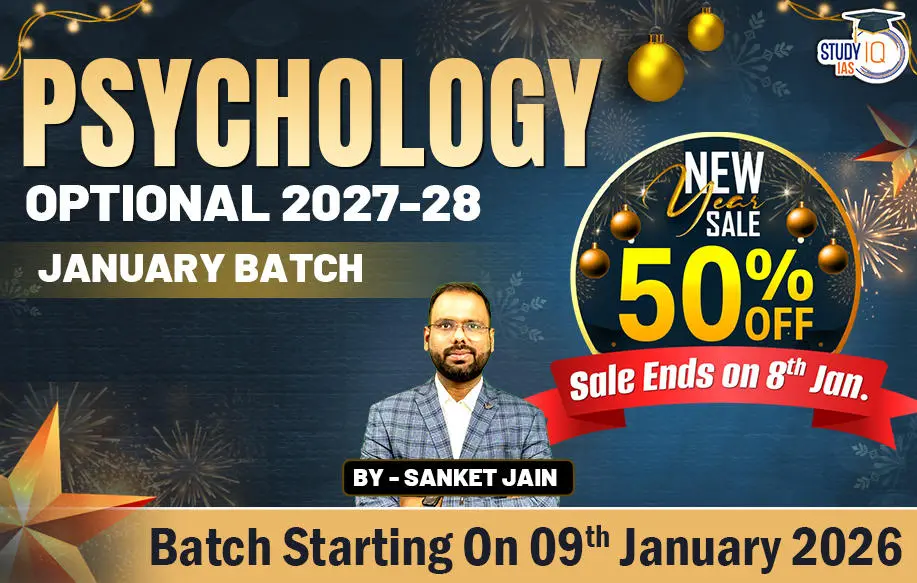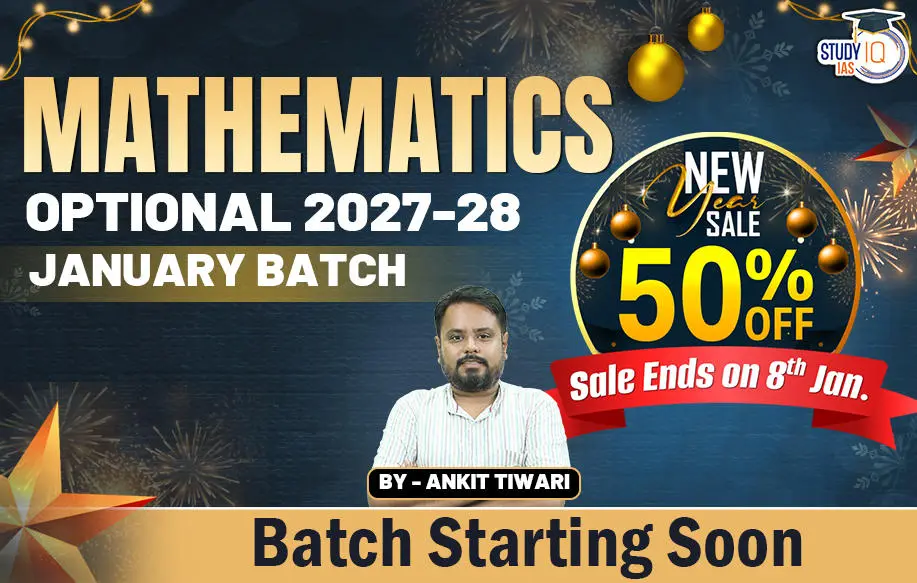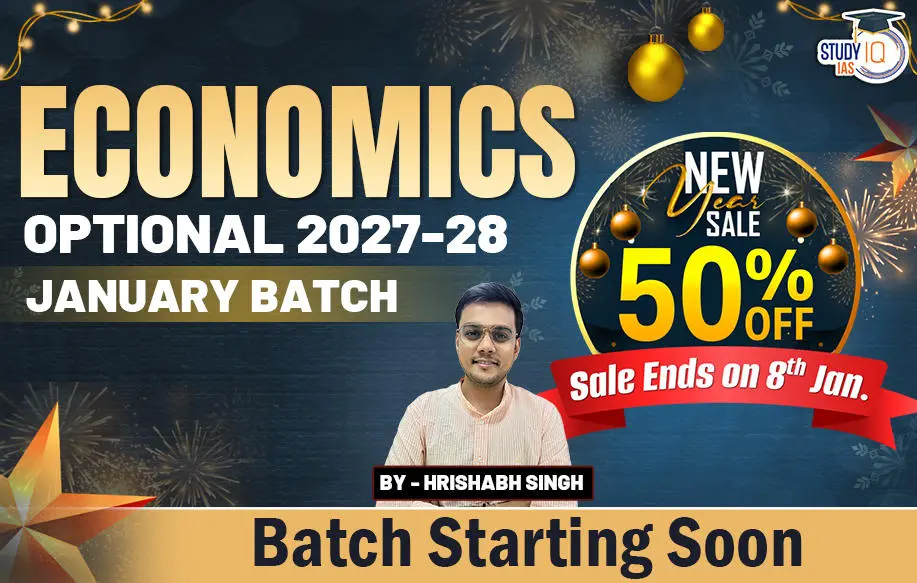UPSC Essay Writing
Many often, candidates for the IAS exam skip the essay writing portion of the preparation process because they believe that their preparation for general studies will adequately prepare them for the UPSC Essay paper. But you must be able to compose an essay for the UPSC exam in order to pass the main exam.
So, in this piece, we’ll go over some advice for writing essays for the UPSC, offer resources for practise, and debunk some common misconceptions concerning essay papers.
How To Write Essay In UPSC?
- Read the subject and comprehend it: Know exactly what is expected of you. The subject should be dissected into its constituent parts.
- Plan: Organising and brainstorming your ideas prior to writing your essay will make the process much easier. It’s a great idea to weave together your thoughts and supporting details into a web.
- Clearly cite your sources: Do some research. Use quotes and paraphrase from your sources rather than plagiarising.
- The thesis, or main argument, is the most important portion of your essay. Make it persuasive. Establish a strong argument for it.
- Once you have corrected any errors in your initial draught, you can start composing the essay’s final draught.
- Read your response very carefully to make sure there are no mistakes and that you didn’t miss anything.
Format of Essay Writing
We can only barely produce an essay with a reasonable amount of content, to be honest. A “perfect essay” cannot be written using any certain method. There are, of course, ways to compose an essay that is sufficient and has a decent probability of being graded. There is no set format for an essay. Because it is a creative process, it shouldn’t be constrained. But while writing essays, there is a core structure that is frequently followed. So let’s examine the basic structure of an essay.
Introduction
This serves as your essay’s introduction. You can give a very brief summary of your essay in the opening paragraph. Paragraph writing abilities can be helpful in this situation.
Body
This is the central idea of your essays. The body of your essay is what you write about; it comes after the introduction and before the conclusion. The information that is most important and necessary to the essay can be located here. This goes beyond a single paragraph.
Conclusion
This paragraph serves as the essay’s epilogue. Even though a conclusion could occasionally just be a restatement of the opening, it should nevertheless contain original phrases and words. The conclusion of a story or an argument is another ideal place to recap it. You can conclude your essay by providing a moral or a summary of the story. Make sure to wrap up any loose ends in your essay’s conclusion.
Essay Writing Topics
Candidates can start practicing with the UPSC Previous Year Essay Topics in the table below in order to improve your essay-writing abilities for the UPSC.
|
Essay Writing Topics
|
| Essay asked on Subjects |
Topics asked on Essay by UPSC in Mains |
| Essay on Administration |
- Politics, bureaucracy and business – fatal triangle. (1994)
- Politics without ethics is a disaster. (1995)
- The VIP cult is a bane of Indian democracy. (1996)
- Need for transparency in public administration. (1996)
- The country’s need for a better disaster management system. (2000)
- How should a civil servant conduct himself? (2003)
|
| Essay on Polity/International Relations |
- Whither Indian democracy? (1995)
- What we have not learnt during fifty years of independence. (1997)
- Why should we be proud of being Indians? (2000)
- Need for transparency in public administration. (1996)
- What have we gained from our democratic set-up? (2001)
- How far has democracy in India delivered the goods? (2003)
- National identity and patriotism. (2008)
- In the context of Gandhiji’s views on the matter, explore, on an evolutionary scale, the terms ‘Swadhinata’, ‘Swaraj’ and ‘Dharmarajya’. Critically comment on their contemporary relevance to Indian democracy. (2012)
- Is the colonial mentality hindering India’s success? (2013)
- Dreams which should not let India sleep. (2015)
- Management of Indian border disputes – a complex task. (2018)
|
| Essay on Economy |
- Resource management in the Indian context. (1999)
- GDP (Gross Domestic Product) along with GDH (Gross Domestic Happiness) would be the right indices for judging the wellbeing of a country. (2013)
- Was it the policy paralysis or the paralysis of implementation which slowed the growth of our country? (2014)
- Crisis faced in India – moral or economic. (2015)
- Near jobless growth in India: An anomaly or an outcome of economic reforms. (2016)
- Innovation is the key determinant of economic growth and social welfare. (2016)
- Impact of the new economic measures on fiscal ties between the union and states in India. (2017)
- Multinational corporations – saviours or saboteurs. (1994)
- Globalization would finish small-scale industries in India. (2006)
- BPO boom in India. (2007)
- BPO boom in India. (2007)
- Special economic zone: boon or bane? (2008)
- Are our traditional handicrafts doomed to a slow death? (2009)
- Is the criticism that the Public-Private-Partnership (PPP) model for development is more of a bane than a boon in the Indian context, justified? (2012)
- Tourism: Can this be the next big thing for India? (2014)
|
| Essay on Federalism, Decentralisation |
- The language problem in India: its past, present and prospects. (1998)
- Water resources should be under the control of the central government. (2004)
- Evaluation of panchayati raj system in India from the point of view of eradication of power to people. (2007)
- Is autonomy the best answer to combat balkanization? (2007)
- Creation of smaller states and the consequent administrative, economic and developmental implication. (2011)
- Water disputes between States in federal India. (2016)
|
| Essay on Indian Society |
- The Indian society at the crossroads. (1994)
- New cults and godmen: a threat to traditional religion. (1996)
- The composite culture of India. (1998)
- Youth culture today. (1999)
- Modernism and our traditional socio-ethical values. (2000)
- As civilization advances culture declines. (2003)
|
| Essay on Media & Society |
- Misinterpretation and misuse of freedom in India. (1998)
- Mass media and cultural invasion. (1999)
- Responsibility of media in a democracy. (2002)
- How has satellite television brought about cultural change in Indian mindsets? (2007)
- Role of media in good governance. (2008)
- Does Indian cinema shape our popular culture or merely reflect it? (2011)
- Is sting operation an invasion on privacy? (2014)
|
| Essay on Education |
- Restructuring of Indian education system. (1995)
- Literacy is growing very fast, but there is no corresponding growth in education. (1996)
- Irrelevance of the classroom. (2001)
- Privatization of higher education in India. (2002)
- Modern technological education and human values. (2002)
- “Education for all” campaign in India: myth or reality. (2006)
- Independent thinking should be encouraged right from the childhood. (2007)
- Is an egalitarian society possible by educating the masses? (2008)
- Credit – based higher education system – status, opportunities and challenges. (2011)
- Is the growing level of competition good for the youth? (2014)
- Are the standardized tests good measure of academic ability or progress? (2014)
- Education without values, as useful as it is, seems rather to make a man more clever devil. (2015)
- Destiny of a nation is shaped in its classrooms. (2017)
|
| Essay on Women & Gender |
- The new emerging women power: the ground realities. (1995)
- Greater political power alone will not improve women’s plight. (1997)
- Woman is god’s best creation. (1998)
- Women empowerment: challenges and prospects. (1999)
- Empowerment alone cannot help our women. (2001)
- Whether women’s emancipation? (2004)
- The hand that rocks the cradle. (2005)
- If women ruled the world. (2005)
- Women’s reservation bill would usher in empowerment for women in India. (2006)
- Managing work and home – is the Indian working woman getting a fair deal? (2012)
- If development is not engendered, it is endangered. (2016)
- Fulfilment of ‘new woman’ in India is a myth. (2017)
|
| Essay on Quote-based abstract topics |
- Youth is a blunder, manhood a struggle, old age a regret. (1994)
- Useless life is an early death. (1994)
- Disinterested intellectual curiosity is the lifeblood of civilisation. (1995)
- When money speaks, the truth is silent. (1995)
- Our deeds determine us, as much as we determine our deeds. (1995)
- Truth is lived, not taught. (1996)
- True religion cannot be misused. (1997)
- The paths of glory lead but to the grave. (2002)
- If youth knew, if age could. (2002)
- There is nothing either good or bad but thinking makes it so. (2003)
- Be the change you want to see in others. (2013)
- With greater power comes greater responsibility. (2014)
- Words are sharper than the two-edged sword. (2014)
- Lending hands to someone is better than giving a dole. (2015)
- “The past’ is a permanent dimension of human consciousness and values. (2018)
- Reality does not conform to the ideal, but confirms it. (2018)
- Attitude makes habit, habit makes character and character makes a man. (2007)
- Discipline means success, anarchy means ruin. (2008)
- Character of an institution is reflected in its leader. (2015)
- Need brings greed, if greed increases it spoils breed. (2016)
- Joy is the simplest form of gratitude. (2017)
- A good life is one inspired by love and guided by knowledge. (2018)
- A people that values its privileges above its principles loses both. (2018)
- A people that values its privileges above its principles loses both. (2018)
|
| Essay on Science and Technology |
- The modern doctor and his patients. (1997)
- Value-based science and education. (1999)
- The march of science and the erosion of human values. (2001)
- Spirituality and scientific temper. (2003)
- The lure of space. (2004)
- Science and Mysticism: Are they compatible? (2012)
- Science and technology is the panacea for the growth and security of the nation. (2013)
- Technology cannot replace manpower. (2015)
- Alternative technologies for a climate change resilient India. (2018)
|
Sharing is caring!

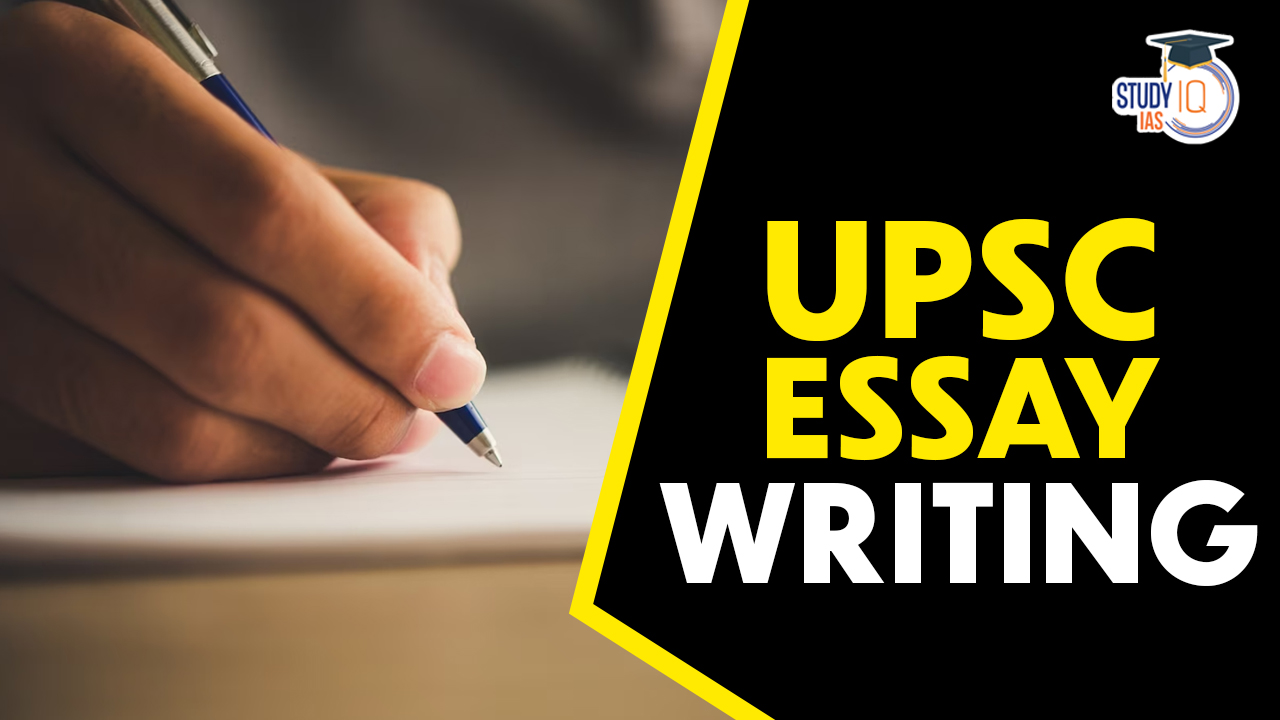
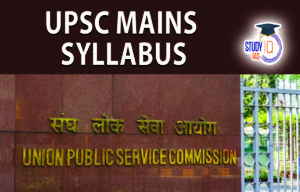 UPSC Mains Syllabus 2026, Optional Sylla...
UPSC Mains Syllabus 2026, Optional Sylla...
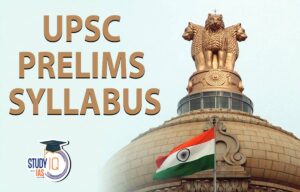 UPSC Prelims Syllabus 2026 PDF, Check Su...
UPSC Prelims Syllabus 2026 PDF, Check Su...
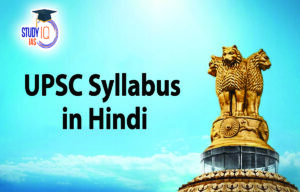 UPSC Syllabus in Hindi 2026: डाउ�...
UPSC Syllabus in Hindi 2026: डाउ�...


